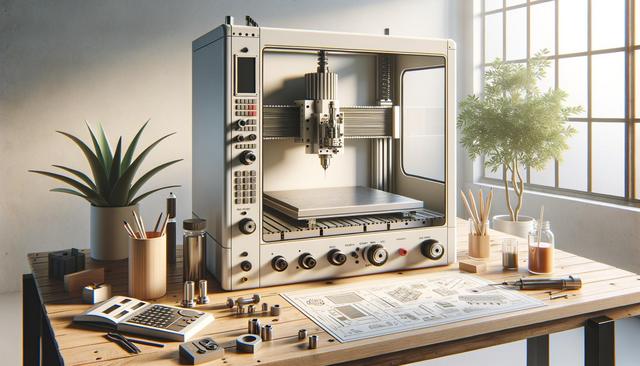Why Mini Excavators Are Gaining Popularity
Mini excavators have become increasingly popular in various industries, including construction, landscaping, utilities, and agricultural work. Their compact size makes them easy to transport and maneuver, especially in tight or urban spaces where larger equipment would be impractical. Despite their smaller structure, they offer impressive power and versatility, performing tasks like trenching, digging, grading, and demolition with efficiency. These machines can be equipped with a wide range of attachments, further enhancing their capabilities across job types.
Some of the core reasons for their rising demand include:
- Reduced operating costs and fuel consumption
- Lower transportation expenses due to lighter weight
- Minimized ground disturbance, ideal for delicate landscapes
- Ease of use and shorter learning curves for operators
Mini excavators are especially useful in residential construction and landscaping projects where precision and minimal disruption are essential. Their versatility and efficiency make them a practical choice for both professionals and small business owners.
Key Components That Drive Performance
One of the most critical parts that determines the overall performance of a mini excavator is the drive system. Mini excavator final drives play a vital role by converting engine energy into movement, allowing for smooth and responsive control. These components must be durable and well-maintained to ensure reliable operation over time.
Other essential components include:
- Hydraulic pumps and motors for lifting and digging power
- Tracks or wheels that provide stability and mobility
- Operator controls and safety systems for ease of use
- Attachment interfaces that support various tools like buckets, augers, and breakers
When choosing a mini excavator, it’s important to consider the quality and design of these parts. Reliable final drives and hydraulics contribute significantly to the machine’s ability to handle demanding tasks without interruption or excessive maintenance.
Applications Across Different Industries
The adaptability of mini excavators has made them invaluable across multiple sectors. In construction, they are commonly used for site preparation, utility installation, and interior demolition. Landscapers rely on them for tasks such as grading, tree planting, and irrigation trenching. Municipalities and utility companies use mini excavators for maintenance work, including repairing water and sewer lines or installing cables.
Some typical industry applications include:
- Digging foundations or footings for small structures
- Clearing brush and removing stumps in landscaping
- Trenching for electrical or plumbing lines
- Demolishing concrete in confined indoor spaces
Because of their ability to fit into narrow spaces and operate with minimal disruption, mini excavators are also favored for projects near sensitive areas like gardens, existing structures, or public walkways.
Factors to Consider When Selecting a Mini Excavator
Choosing the right mini excavator involves evaluating several important factors to match the machine to the intended tasks. One of the first considerations is the operating weight and size of the excavator. Lighter models are easier to transport and work well in tight quarters, while slightly larger models offer more power and digging depth.
Other critical aspects to evaluate include:
- Hydraulic flow and pressure to ensure compatibility with attachments
- Engine power and fuel efficiency
- Cab comfort and visibility for the operator
- Ease of maintenance and serviceability
Durability and availability of replacement parts, such as mini excavator final drives, also play a role in long-term ownership costs. It’s wise to consider models with a reputation for reliability and accessible support networks.
Maintenance Tips for Long-Term Reliability
Routine maintenance is essential for keeping mini excavators in optimal working condition. Paying attention to wear and tear, particularly on moving parts like final drives, can prevent unexpected downtime and costly repairs. Regular inspections, proper lubrication, and timely fluid changes are all part of a sound maintenance plan.
Helpful maintenance practices include:
- Inspecting hydraulic hoses and connections for leaks
- Cleaning out the undercarriage to prevent buildup and damage
- Checking track tension and adjusting as necessary
- Monitoring fluid levels and replacing filters regularly
Operators should also be trained to recognize early signs of mechanical issues, such as unusual noises or loss of power. By addressing these problems early, you can extend the working life of your equipment and maintain productivity across job sites.
Conclusion
Mini excavators offer an outstanding combination of power, efficiency, and maneuverability, making them a valuable asset for construction professionals, landscapers, and utility workers alike. With the right attention to component quality—especially mini excavator final drives—and routine maintenance, these machines can deliver consistent performance across a wide range of applications. Whether you’re working in a backyard, a busy street, or an indoor environment, mini excavators provide the flexibility and functionality needed to get the job done efficiently.


